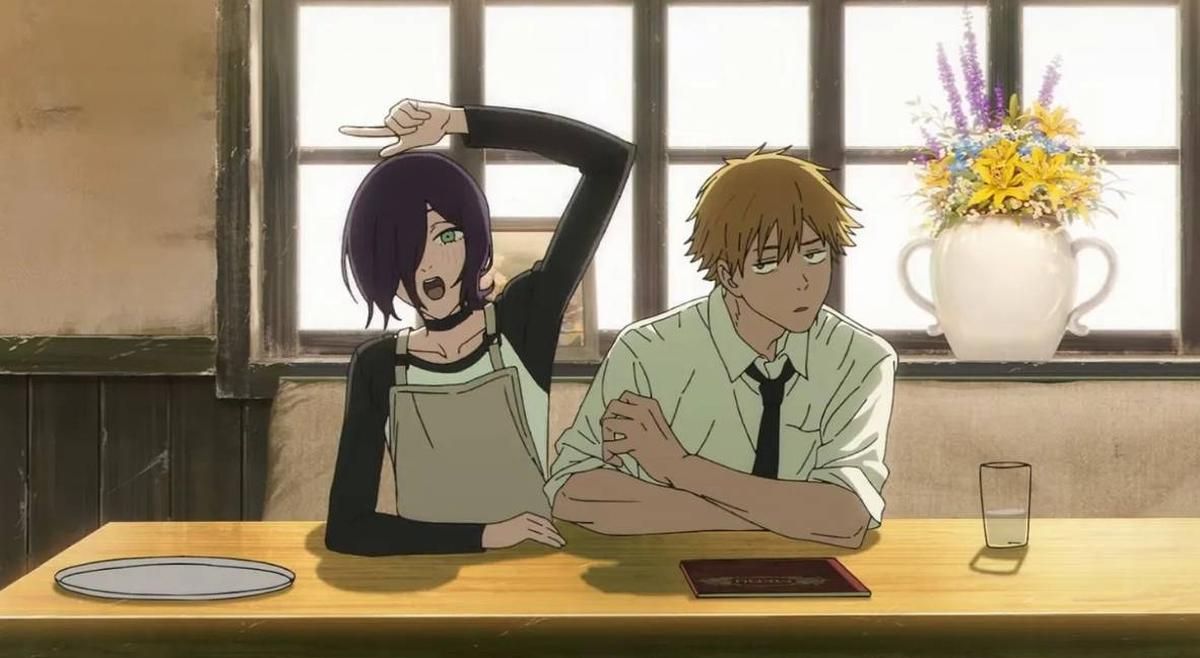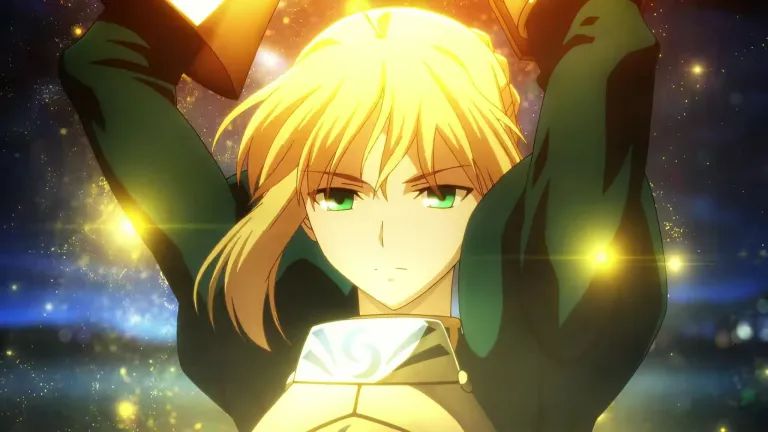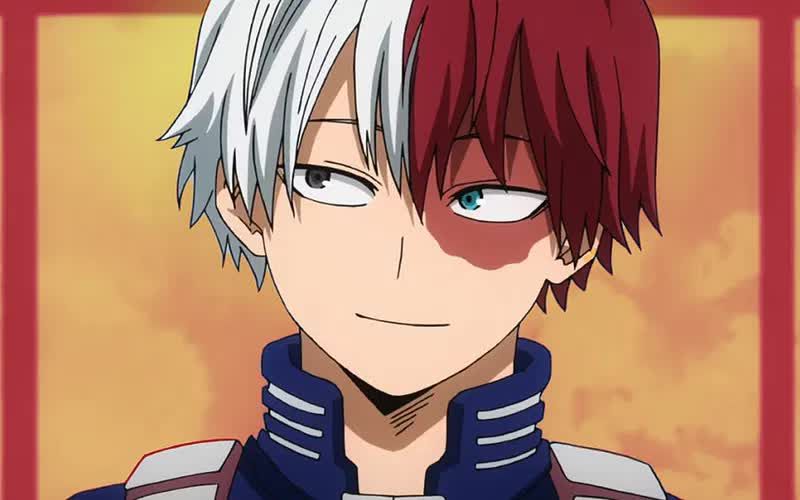The world of anime is vast, filled with series that manage to sustain incredible quality over decades. But there is a special kind of disappointment reserved for those phenomenal shows that, against all expectations, lose their way right when they should be hitting their stride. Momentum is everything in narrative storytelling; it’s what keeps viewers invested, waiting impatiently for the next twist or character breakthrough.
While strong pacing, well-placed plot twists, and satisfying character moments can launch an anime into the stratosphere, the failure to maintain these elements can cause even the most promising series to stumble. From chilling horror concepts that dilute their tension to groundbreaking action shows that swap studios, these five anime started strong but sadly failed to maintain their initial momentum.
1. Sword Art Online
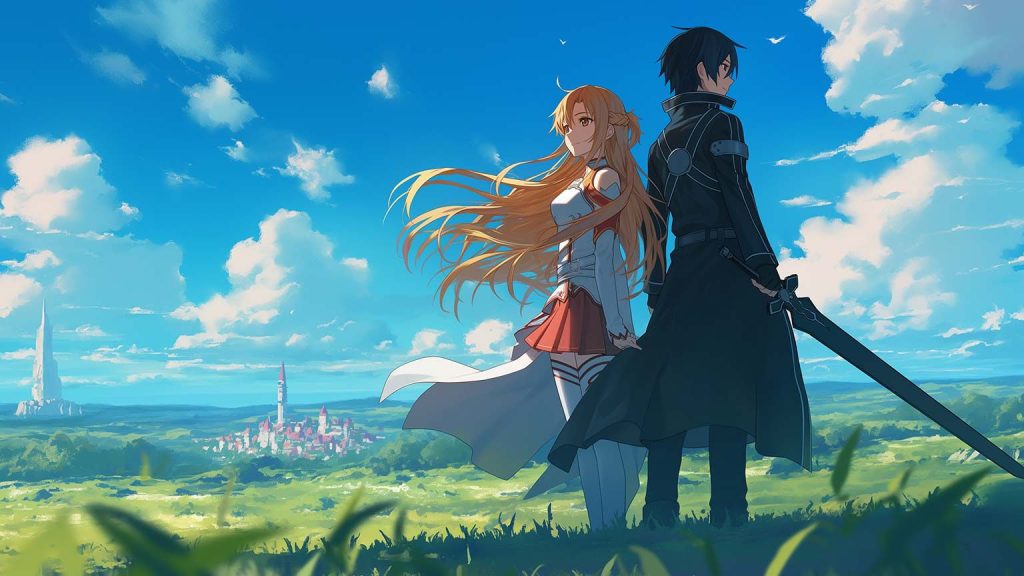
Sword Art Online (SAO) is arguably the definitive modern example of an anime peaking too early. The series’ initial premise was instantly compelling: 10,000 players trapped inside the virtual reality game Aincrad, where death in-game meant death in the real world. This concept delivered incredible stakes, emotional drama, and high-octane action throughout the first half of Season 1 (the Aincrad arc). It was a cultural phenomenon that defined the Isekai genre for years to come.
Tragically, the anime’s central storyline completely changes in the second half of Season 1, moving to a new game called Alfheim Online.
-
Original Peak Arc: Aincrad Arc (First half of Season 1)
-
The Drop-Off: The shift to Alfheim Online felt less compelling, dramatically lowering the stakes and introducing narrative elements and character relationships that were widely criticized.
-
Why It Fell Off: The change in setting stripped away the core life-or-death tension. The quality of character development and the depth of the world-building suffered significantly after the initial arc concluded, leading to a series that varies wildly in quality from then on.
2. The Promised Neverland
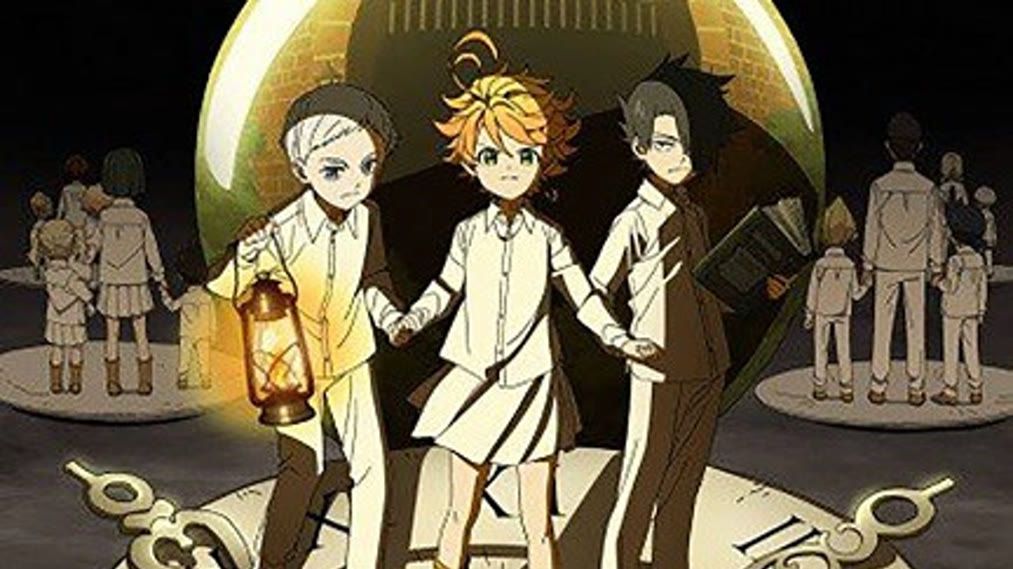
The Promised Neverland had one of the most incredible first seasons in recent memory. The shocking reveal in the opening episode—that Emma and the other seemingly happy orphans at Grace Field House are actually being raised as premium livestock for demons—was deliciously dark. The escape plan that dominated the first season was tense, thrilling, and perfectly executed, culminating in the group successfully making it over the wall and into the outside world. The potential for Season 2 to expand the horrifying world and introduce greater threats was limitless.
-
Original Peak Arc: Season 1 (Grace Field House Escape)
-
The Drop-Off: Season 2 failed to deliver on its great setup, showing a significant drop in quality compared to its predecessor.
-
Why It Fell Off: The anime made the controversial decision to diverge from the manga source material. It skipped exciting storylines and rushed the narrative, leading to a conclusion that was widely panned by fans. It quickly cooled off just as the story should have been heating up in the dangerous outside world.
3. One-Punch Man
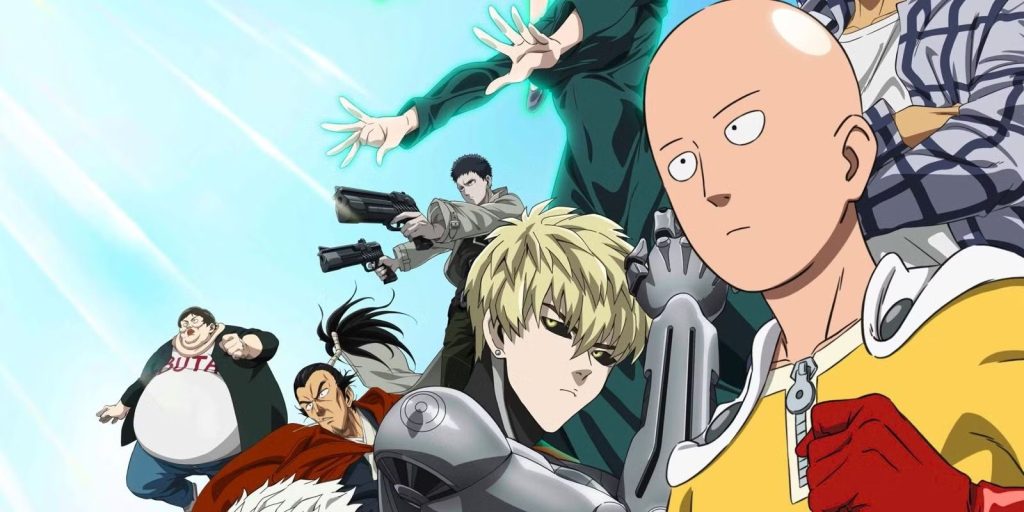
When One-Punch Man debuted in 2015, it was an instant, massive hit. The series’ immersive superpowered world, the hilarious and lovable main character Saitama (who can defeat any enemy with a single punch), and, critically, the top-tier animation from studio Madhouse, set the series up for global success. It should have comfortably settled alongside new-gen giants like My Hero Academia.
-
Original Peak Arc: Season 1 (Madhouse production)
-
The Drop-Off: The production studio switched from Madhouse to J.C. Staff for Season 2, resulting in a noticeably lower quality of animation.
-
Why It Fell Off: While the storytelling remained faithful to the source, the visual execution simply wasn’t as tight or fluid as the first season. This was especially disappointing given the highly anticipated introduction of the fan-favorite villain, Garou’s arrival, whose explosive entrance deserved better than the criticized production quality it received. The massive gap of six years before Season 3 compounded the loss of momentum.
4. Vinland Saga
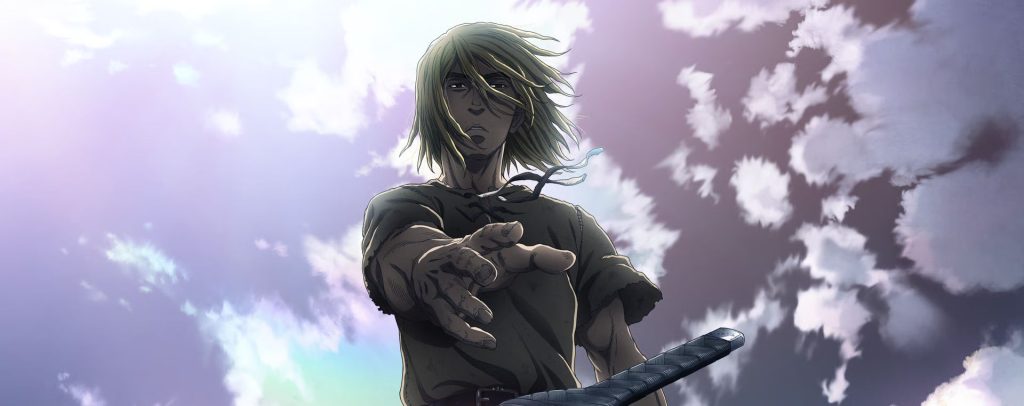
Vinland Saga is a Viking epic that undergoes a profound, purposeful shift in focus after the events of Season 1. The first season was an action-packed, complicated saga fueled by the young protagonist Thorfinn’s intense desire for vengeance against the man who killed his father. The animation was stunning, the battles fierce, and the stakes consistently high.
-
Original Peak Arc: Season 1 (The Revenge Saga)
-
The Drop-Off: Season 2 sees Thorfinn move away from violence and embark on a path of healing and peace, taking him to a farm where the pacing slows down dramatically.
-
Why It Fell Off: While the shift to a non-violent narrative is essential for Thorfinn’s character arc, the pacing was often too slow for many viewers, earning the second season the nickname “farm simulator.” Although the character writing remains stellar, the long stretches without the high-stakes action of Season 1 hurt the overall engagement for fans seeking a continuation of the intense saga.
5. Re: Zero – Starting Life in Another World
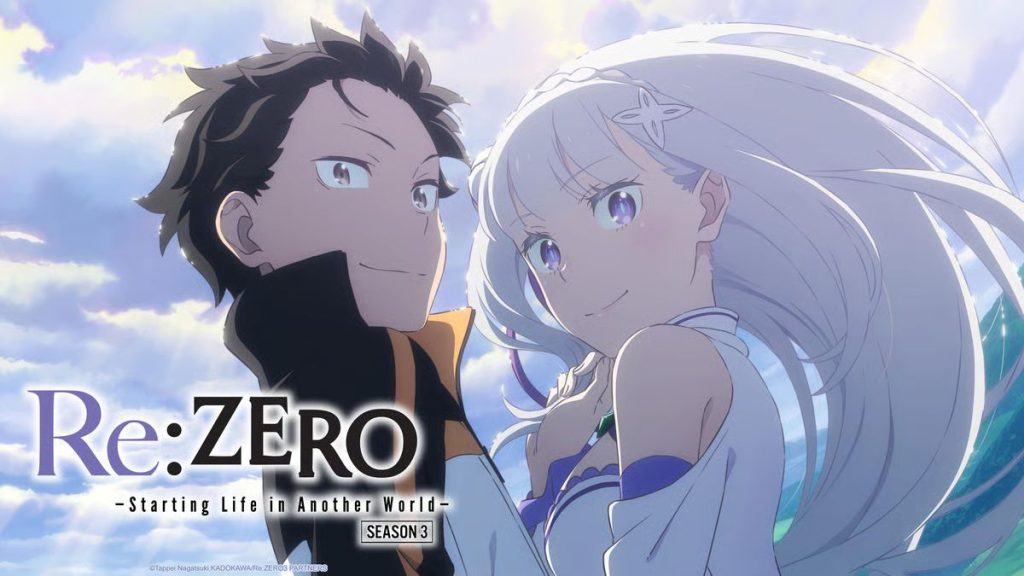
Re: Zero began with an immediately intriguing premise: an Isekai anime where the main character, Subaru Natsuki, is thrust into a fantasy world and granted the power to “Return by Death,” repeatedly restarting the timeline after he is killed. This time-loop mechanic, coupled with a deep cast of characters and a dark fantasy world, made Season 1 a strong, compelling watch.
-
Original Peak Arc: Season 1 (Establishing the Return by Death mechanic)
-
The Drop-Off: The series began its descent in Season 2, where the pacing became noticeably sluggish.
-
Why It Fell Off: The second outing had significant production and pacing issues compared to the previous chapter. The narrative often lingered, making it hard for viewers to remain fully invested. Furthermore, many of the supporting characters were sidelined or underserved by the plot’s new direction. While Season 3 has attempted to address the pacing, it has yet to accumulate the same level of white-hot excitement that accompanied the gripping tension of Season 1.



